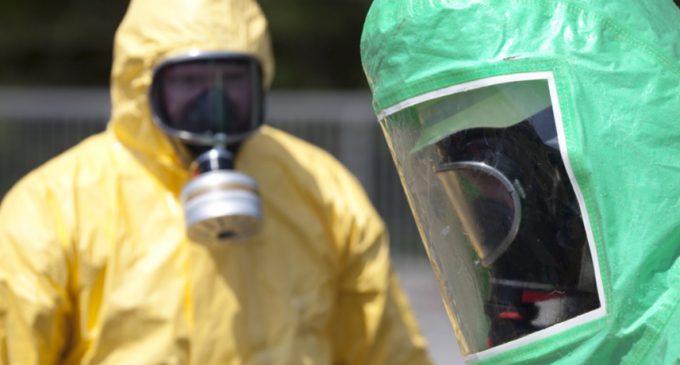BBC releases app to help stop future flu pandemics

If you’ve ever wanted to contribute to a science event that could potentially help save lives then a new app will let you do just that.
The BBC Pandemic app – developed in collaboration with the University of Cambridge, the London School of Hygiene and Tropical Medicine and Big Motive – will be used to predict how a flu pandemic might spread across the UK.
The app launching today will collect gold standard data about the way infectious diseases spread. BBC Pandemic will gather data about how users move around and the number of other people they come into contact with over a 24-hour period. The information is expected to help a team of mathematicians build a contagion model that simulates the spread of future pandemics and looks at ways of slowing them down.
Looking at how infectious disease spread is vital if they are to be stopped. Mathematicians can use the data on how people travel and interact with each other to build ‘dynamic epidemic maps’ which predict how a disease will spread through a population. They can then inform health policy and emergency response plans to mitigate the effect of the pandemic.
The BBC Pandemic app is aiming to get at least 10,000 people to take part in the project. If it reaches this target a new gold standard data set will be achieved. The BBC is inviting people of all ages living across the UK to take part in the citizen science event to help protect society against future pandemics.
BBC Pandemic has been commissioned as part of a feature length science film for BBC Four, presented by UCL and will be broadcast in early 2018, commemorating the centenary anniversary of the lethal Spanish Flu pandemic which killed over 100 million people in 1918.
Over the past 100 years there have been four pandemics of deadly flu. A catastrophic flu pandemic tops the UK government’s Risk Register of threats to the country. Mathematical models which simulate how contagious diseases spread are key to the UK’s response plan and can inform how best to direct resources such as vaccines and supplies.






